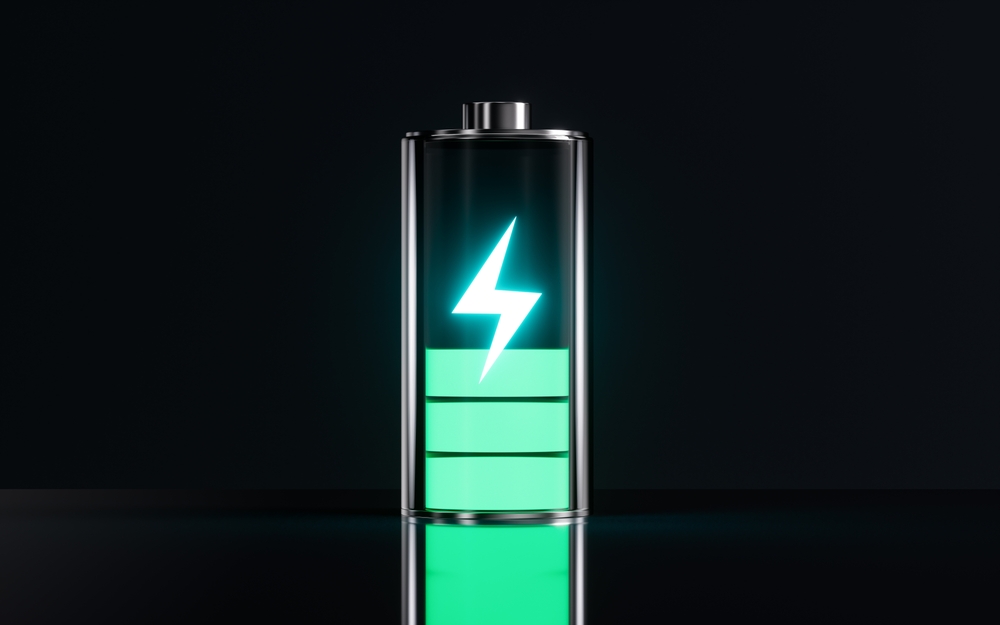
Understanding Battery Capacity: mAh, Wh, and Voltage Explained
July 11, 2024 9:18 pm Leave your thoughtsIn today’s tech-driven world, understanding battery capacity is crucial for making informed decisions about your electronic devices. Whether you’re purchasing a new smartphone, laptop, or any other gadget, the battery specifications often play a significant role in your choice. Two common metrics used to describe battery capacity are milliampere-hours (mAh) and watt-hours (Wh). This blog will delve into what these terms mean, how they differ, and why they matter for your devices.
What is Battery Capacity?
Battery capacity essentially measures how much energy a battery can store and provide to a device over a period of time. It is an important factor that influences how long your device will last on a single charge. Battery capacity is usually expressed in terms of mAh or Wh, and each has its own significance.
Milliampere-Hours (mAh) Explained
What Does mAh Mean?
Milliampere-hours (mAh) is a unit of measurement that quantifies the battery’s capacity. It indicates how much current a battery can supply over one hour before it is fully depleted. For instance, a battery rated at 3000 mAh can theoretically provide 3000 milliamperes of current for one hour or 1500 milliamperes for two hours before running out of charge.
How mAh Affects Device Performance
A higher mAh rating generally means that the battery can store more energy, which can translate to longer battery life for your device. For example, if you have two smartphones with identical power consumption rates but one has a 2000 mAh battery and the other has a 4000 mAh battery, the latter is likely to last longer between charges.
mAh and Different Devices
Different devices use batteries with varying mAh ratings. Smartphones, for instance, might have batteries ranging from 2000 to 5000 mAh. Laptops, on the other hand, have much larger batteries often rated in the thousands of mAh, given their higher power demands.
Watt-Hours (Wh) Explained
What Does Wh Mean?
Watt-hours (Wh) is another metric used to describe battery capacity. Unlike mAh, which measures the amount of charge, Wh measures the total energy the battery can deliver. It is calculated by multiplying the battery’s capacity in mAh by its voltage (V) and dividing by 1000.
The Formula: How to Calculate Wh
To find the watt-hours of a battery, you can use the formula:Wh=mAh×V1000\text{Wh} = \frac{\text{mAh} \times \text{V}}{1000}Wh=1000mAh×VFor example, if you have a battery with a capacity of 3000 mAh and a voltage of 3.7V, the calculation would be:Wh=3000×3.71000=11.1Wh\text{Wh} = \frac{3000 \times 3.7}{1000} = 11.1 \text{Wh}Wh=10003000×3.7=11.1Wh
How Wh Affects Device Performance
Wh gives a more comprehensive understanding of a battery’s performance, as it factors in both the capacity and the voltage. Two batteries with the same mAh rating but different voltages will have different Wh ratings, affecting how long they last and their suitability for different devices.
Voltage and Its Impact on Battery Capacity
What is Voltage?
Voltage (V) refers to the electrical potential difference provided by the battery. It essentially determines how much energy is available to power the device. Different devices operate at different voltages, which can affect the battery’s overall performance.
The Relationship Between mAh, Wh, and Voltage
Understanding the relationship between mAh, Wh, and voltage is essential for evaluating battery performance. A battery with a higher voltage can deliver more power, but the mAh rating tells you how long the battery can sustain that power. For instance, a 4000 mAh battery at 3.7V has a Wh rating of 14.8 Wh, which means it can deliver more energy compared to a 2000 mAh battery at the same voltage.
How to Choose the Right Battery for Your Device
When choosing a battery, consider both the mAh and Wh ratings to ensure compatibility with your device’s power requirements. For devices with high power consumption, such as gaming laptops or high-end smartphones, batteries with higher Wh ratings are often preferable as they offer longer usage times.
Conclusion
Understanding battery capacity in terms of mAh and Wh can significantly enhance your decision-making process when purchasing electronic devices. While mAh provides a measure of how much charge a battery can hold, Wh offers a more comprehensive view of the energy it can deliver. Additionally, voltage plays a crucial role in determining the overall performance of a battery. By grasping these concepts, you can make better-informed choices and ensure that your devices meet your energy needs effectively.
Need a Battery Store in Houston, TX?
At Texford Battery Co, we pride ourselves on being much more than just another battery specialist. We credit our seven decades of business growth and success to the unmatched service and expertise our team provides. Texford Battery Co is not simply a supplier – we helped pave the way for many innovations in the battery distribution industry that continue to keep prices competitive for our customers. Among them, we were a leader in the creation of the Battery Marketing Group in the 1970s. As a founding member of this national network of battery distributors and manufacturers, we are able to offer up to 10,000 of the industry’s top products to our customers at the lowest cost. Call us today!
Categorised in: Batteries
This post was written by admin
